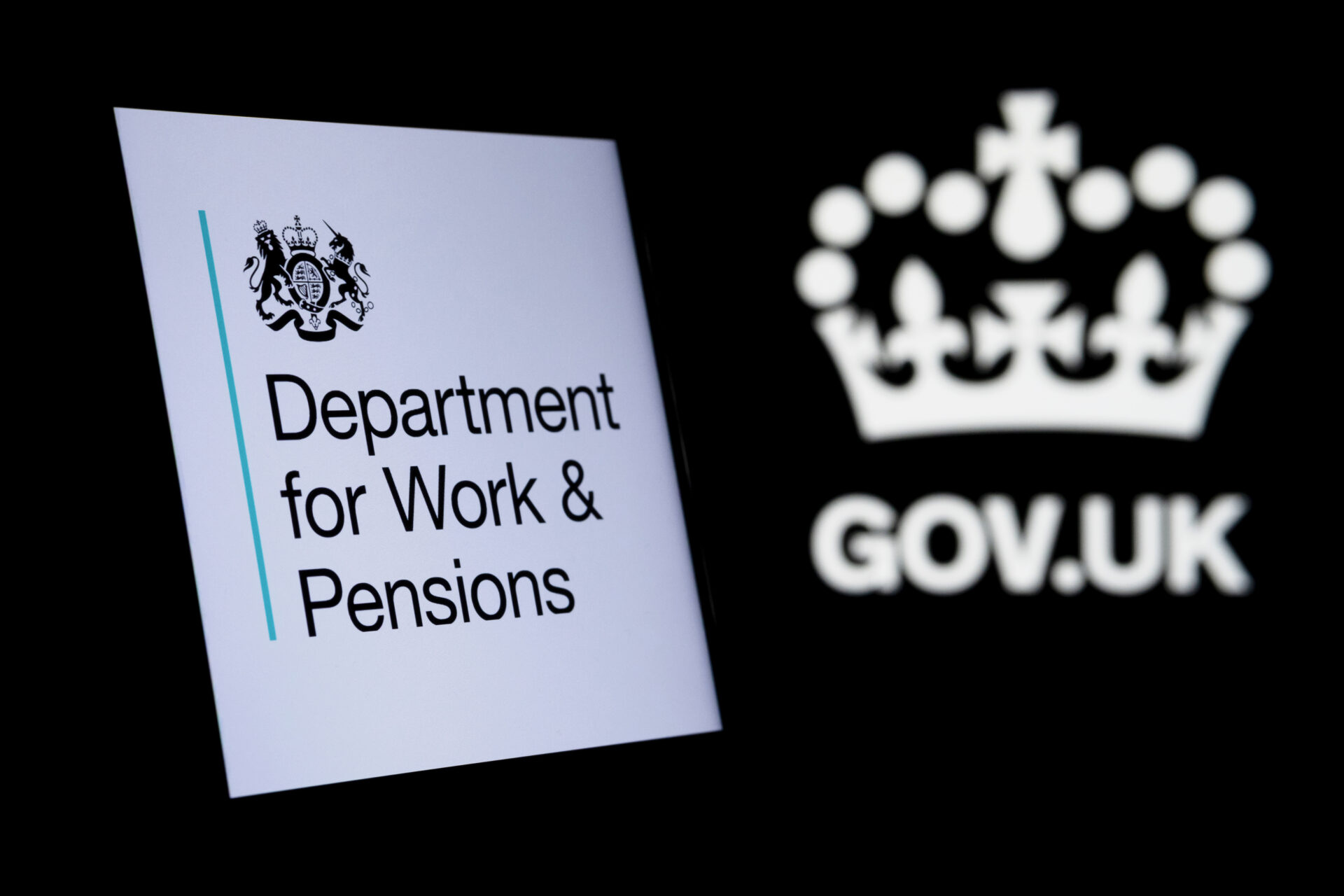Freedom of Information (FOI) data from the Money and Pensions Service (MaPS), gathered by financial adviser and pension provider Quilter, has led the firm to suggest that despite three years of pension transfer regulation, considerable issues persist.
Quilter gathered data spanning the full three-year period since pension transfer regulation was introduced, and found that that calls from the industry for improvements have not led to significant changes.
Issues with pension transfers highlighted by the firm included unnecessary delays and unclear reasons for ‘amber flags,’ diminishing the effectiveness of safeguarding efforts.
The Department for Work and Pensions’ (DWP) pension transfer regulations were implemented on 30th November 2021.
Quilter noted that thousands of people had been saved from fraudsters since the introduction of the regulations, but highlighted a large number of pension transfers that were needlessly interrupted, and the knock-on impact this has had on pension savers.
According to the latest figures from MaPS, 27,900, or four in five, out of a total 33,917 ‘amber flags’ were raised for either an unknown reason or for potentially low-risk transfers related to overseas investments.
Of the 33,917 MoneyHelper Pension Safeguarding Guidance (PSG) sessions conducted since the regulations were introduced, nearly half (15,677) were with attendees who were unaware of why an amber flag had been raised on their pension transfer.
This suggested they may not understand why they needed to attend the appointment, which could have a significant impact on customer engagement and the effectiveness of the PSG sessions.
Additionally, more than a third of these sessions (12,223) were due to flags being raised on potentially low-risk transfers involving overseas investments.
In its review of the regulations, published over a year ago, the DWP acknowledged that the wording of the regulations related to overseas investments was causing delays and issues for many pension savers.
However, according to Quilter, little effort appears to have been made to resolve these problems.
On 31st October, Margaret Snowdon launched a petition via the pension scams industry group (PSIG) to call for changes in how HMRC treats pension and investment fraud victims.
In addition to the loss of retirement savings that can result from a scam, HMRC in certain circumstances applies punitive unauthorised payment charges of up to 55%, plus interest, on the member or scheme affected by a pension scam.
Quilter reiterated its call for the DWP to ensure changes are implemented swiftly to improve the pension transfer experience.
It also urged HMRC to review its rules and for Parliament to amend the relevant tax law to prevent further unfair disadvantage for pension savers.
Jon Greer, head of retirement policy at Quilter, said: “Change is well overdue. For three years now, industry has been repeatedly highlighting the issues that pension savers are coming up against as a result of the unnecessary points of friction within the DWP’s regulations.
“A growing number of people have been negatively impacted as their pension transfers have been needlessly halted for what is often no real reason, yet nothing has been done to help them.
“The DWP has claimed it is working to consider whether the rules could be improved, but with no indication of a timeline, it seems more and more people will face undue disruption.
“As a matter of urgency, the DWP must act to resolve the current divergence between policy intention and the practical application of the law when it comes to the overseas investments wording to provide clarity on the distinction between those investments that present a scam risk versus those that do not.
“In addition, the data that the Money and Pensions Service has captured demonstrates a clear lack of clarity provided to customers as to why an amber flag was raised on their pension transfer.
“Pension schemes must be required to give accurate and clear information to customers prior to these sessions, and the DWP should consider making it an explicit legislative requirement to resolve the issue.
“The potential that thousands of people have been saved from scams is the silver lining.
“However, those who are less fortunate and have been the victim of pension or investment fraud could face not only the damages of the fraud itself, but also punitive tax.
“HMRC and Parliament must enact change to ensure those who have been the victim of fraud do not face further devastating losses simply due to the way in which tax laws are applied.
“Ultimately, pension savers have suffered needless delays for three years, and it is time the DWP put a stop to it.”

















